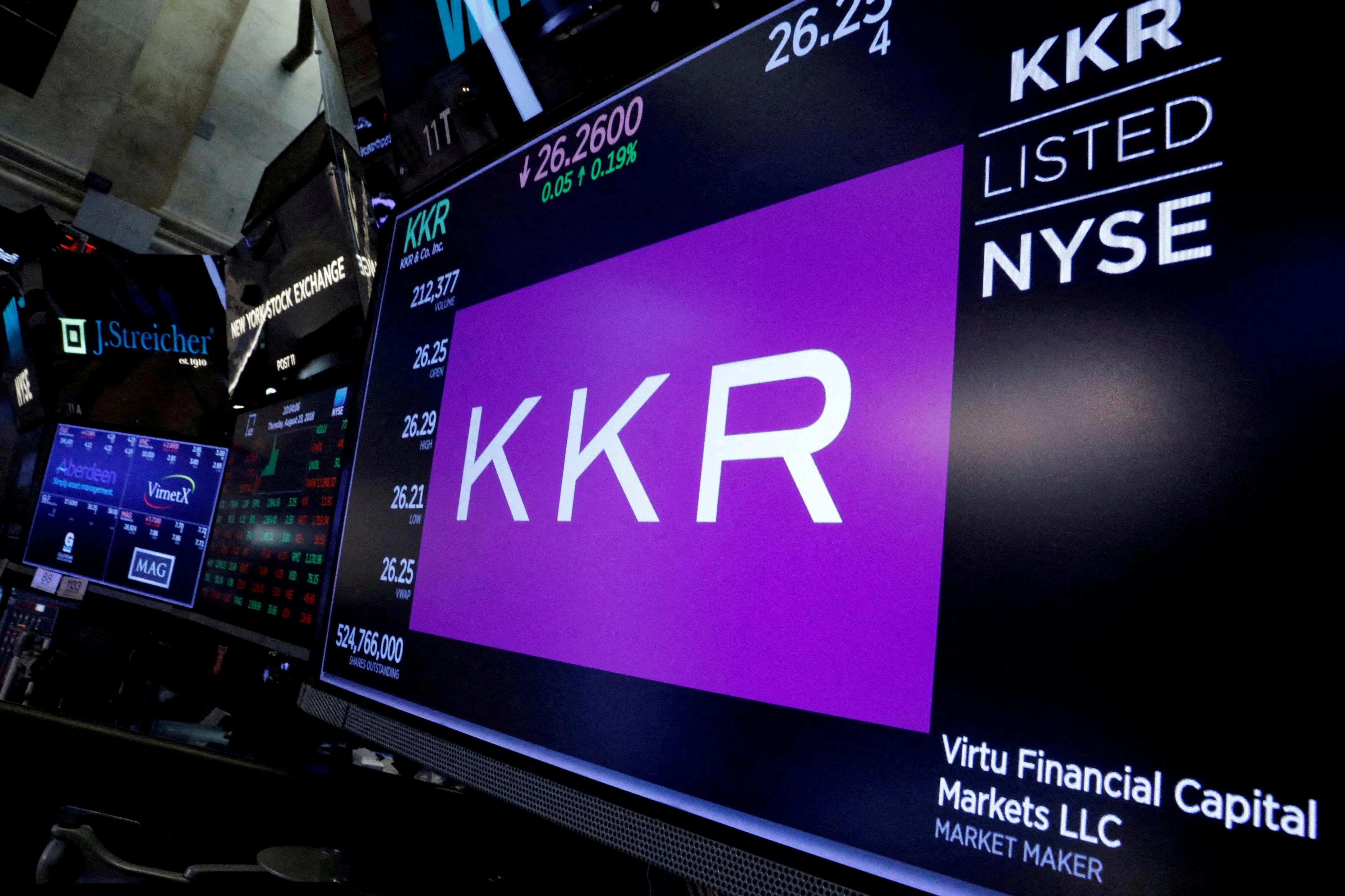Danish pharmaceutical giant Novo Nordisk, maker of the blockbuster diabetes and weight-loss drugs Ozempic and Wegovy, posted on Wednesday (Nov 6) strong third-quarter earnings despite being held back by production constraints.
Europe’s most valuable company and the main driver of the Danish economy said it expected its 2024 full-year sales to be up by 23 to 27 per cent from a year earlier, revising its earlier forecast of 22 to 28 per cent.
It cited in a statement “the expectation of continued volume growth and capacity limitations at some manufacturing sites.”
The group reported a 21-per cent rise in net profit to 27.3 billion kroner (S$5.23 billion) for the July-to-September period.
Sales jumped by 22 per cent to 60 billion kroner, slightly under analysts’ expectations.
Novo Nordisk is ramping up its manufacturing sites to keep up with surging demand for its new generation of effective weight-loss treatments using semaglutides.
BT in your inbox
Start and end each day with the latest news stories and analyses delivered straight to your inbox.
Sales of Wegovy, which has been approved for use to treat obesity in Britain, Denmark, France, Germany, Norway and the United States, rose by 42 per cent in the first nine months of the year.
Wegovy was also approved for use in China in June.
Sales of the company’s other semiglutide bestseller, Ozempic – an injectable anti-diabetic treatment which has become popular for its slimming properties – soared by 54 per cent in the same period.
Obesity has escalated into a global health crisis, affecting 900 million people worldwide, including over 40 per cent of Americans and nearly a quarter of Europeans.
It is a risk factor for developing diabetes, some forms of cancer and complications from other diseases, such as Covid.
Difficult to treat, it is costly for healthcare systems and while its causes can be lifestyle-related, it can also be influenced by genetics.
Novo Nordisk has a hold on 74 per cent of the market for weight-loss treatments.
The World Obesity Federation predicts that by 2035, over half of the world’s population will be overweight or obese and the global economic impact could then exceed US$4 trillion a year. AFP




